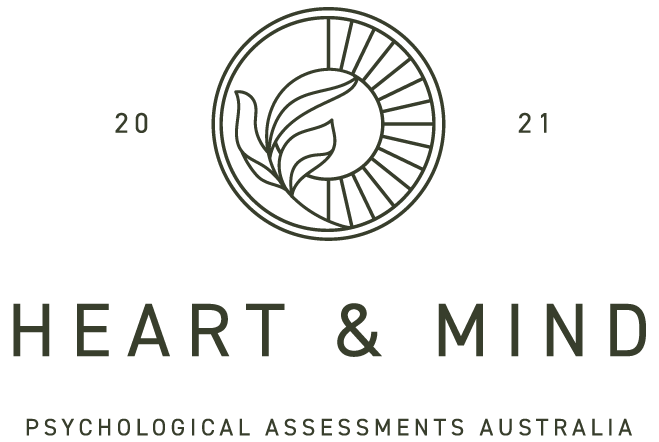The Many Benefits of Yoga for Neurodiverse Individuals.
Yoga involves both the mind and the body, and offers many mental and physical benefits. Modern medicine recognises the therapeutic use of yoga, often prescribing yoga alongside treatments for chronic illnesses or when recovering from surgery. This is because yoga can help you to experience symptoms in a less distressing way, processing the symptoms without as much trauma (Johns Hopkins Medicine, 2022). In recognition of the healing power of yoga, Heart and Mind are now offering group yoga workshops for neurodiverse individuals across all ages.
The many benefits of yoga can also be used to help neurodiverse people deal with and understand their symptoms. Dr Michelle Garnett (n.d.a), a psychologist specialising in autism spectrum disorder, believes that yoga can help autistic people to understand and relate to their emotions. Yoga is ideal, as unlike meditation, the body does not remain still, suiting many autistic people well. Yoga allows them to move their body in a mindful way, helping them to be present in the moment.
The philosophy surrounding yoga is part of what makes it such an appealing treatment option. Central to the practice is embracing yourself as you are, without attempting to change. This concept and its foundational role is shared with psychology, because a psychologist's role is not to cure a patient but help them navigate their symptoms and emotions.
There is a big focus on the true self within the philosophy of yoga. The true self is much bigger than a person's self identity; it is everything associated with that person and their life. Yoga provides a time and place for autistic individuals to explore and understand their true self, helping them to accept and love themselves for who they are (Garnett, n.d.a, n.d.b).
Yoga’s benefits are supported with many experiments and studies into psychology, biology, and medicine. A study by Case-Smith et al. (2010) explored the effects of a school based yoga program on neurodiverse individuals. They saw improvements in many areas, particularly as a way to reduce stress. It also improved the students' concept of self, one student saying that when they do yoga “I feel like I’m in a good place.” In a separate study conducted by Steiner et al. (2012) 72% of parents reported positive changes in their children, including an increase in happiness.
Yoga’s benefits for neurodiverse individuals are immense, which is why we are beginning yoga workshops for neurodiverse kids, teens, and adults here at Heart and Mind. These sessions are specifically designed by a team of psychologists and yoga instructors to maximise the benefits for those with a wide range of needs. Get in contact with the psychologists at Heart and Mind for dates and times.
Researched and Written by Chantelle Takos
Edited by Liam Correll
References
Johns Hopkins Medicine. (2022). https://www.hopkinsmedicine.org/health/wellness-and-prevention/9-benefits-of-yoga
Case-Smith, J., Shupe Sines, J., & Klatt, M. (2010). Perceptions of Children Who Participated in a School-Based Yoga Program. Journal Of Occupational Therapy, Schools, &Amp; Early Intervention, 3(3), 226-238. doi: 10.1080/19411243.2010.520246
Garnett, M. (n.d.a). Yoga and Autism Part 1 by Dr Michelle Garnett. [Blog post]. https://attwoodandgarnettevents.com/2021/08/09/yoga-and-autism-part-1-by-dr-michelle-garnett/
Garnett, M. (n.d.b) Yoga and Autism: The Self Part 2 by Dr Michelle Garnett. [Blog post]. https://attwoodandgarnettevents.com/2021/08/18/yoga-and-autism-the-self-part-2/
Steiner, N., Sidhu, T., Pop, P., Frenette, E., & Perrin, E. (2012). Yoga in an Urban School for Children with Emotional and Behavioral Disorders: A Feasibility Study. Journal Of Child And Family Studies, 22(6), 815-826. doi: 10.1007/s10826-012-9636-7
